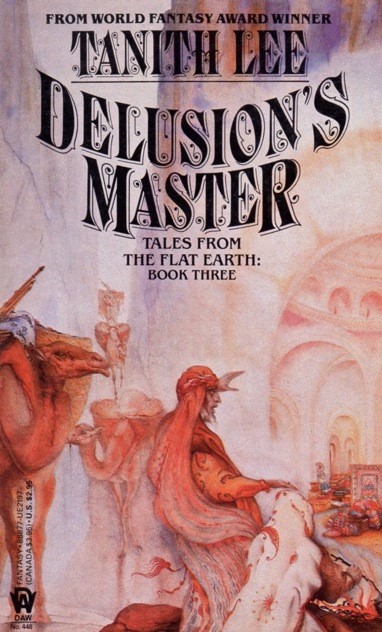What do you think?
Rate this book


208 pages, Mass Market Paperback
First published January 1, 1981
"When the day began to go, folding its robes around it, slipping from the desert silently, Jasrin called for her women."
"His involved act of vengeance...were like those elegant flourishes and underlinings with which insecure men bolstered up their signatures on parchment."